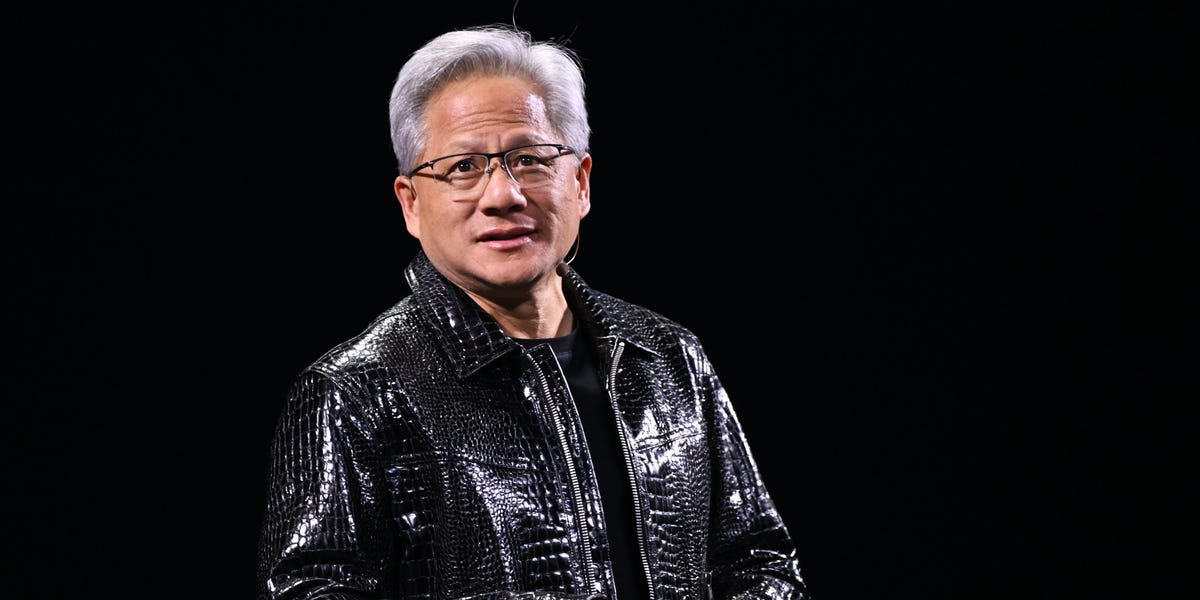Jensen Huang: Artificial Intelligence Enters a Historic 'Positive Cycle' Reshaping Computing for Decades to Come

From the stage, in an unusual event for his traditional image, Huang wore a formal suit to explain his vision for the future of the sector. He explained that this cycle represents a powerful engine for growth, saying: "We have now achieved what is called the virtual cycle. AI systems are improving. The more users there are, the more profits increase, and the more factories are built, allowing us to develop better AI systems, and thus increase the number of users. The virtual cycle for AI has been designed, and that is why global capital spending is accelerating."
Huang's remarks come amid an unprecedented wave of investment from tech giants. Estimates suggest that companies like Meta, Amazon, Alphabet (Google), and Microsoft collectively plan to invest over $300 billion in building AI infrastructure and data centers. Analysts predict that this massive investment race is expected to continue at least until 2026.
Huang emphasized that profitability is the core driver supporting this investment boom, stating: "When something becomes profitable, you want to manufacture more of it, just like when manufacturing chips and dynamic random-access memory DRAM. If manufacturing these chips is profitable, you want to build more factories to produce more chips."
Huang described this phase as "the beginning of a new era of computing," noting that AI is fundamentally changing everything. He added: "Every layer of computing is changing radically... We are at the beginning of building this new era that will take ten years."
Illustrating this radical transformation, he said: "AI operates on Graphics Processing Units GPUs, while manually programmed software runs on Central Processing Units CPUs. Every layer of computing has changed radically, starting from power needs, chips, infrastructure, and all software related to systems and AI models and the applications that follow."
He pointed to the magnitude of the transformation, saying: "Imagine: The computer industry has remained largely unchanged for 60 years, and now, with AI and accelerated computing, every layer of computing is changing. All the computers we created in the past, worth a trillion dollars, and perhaps more, need to be transitioned to the new computing platform."
Huang's remarks came on the same day that Nvidia - which became the first company to surpass a market value of $5 trillion this week - announced a new partnership with Korean semiconductor giant Samsung, which includes the purchase and distribution of 50,000 Graphics Processing Units (GPU) from Nvidia to enhance chip manufacturing for mobile devices and robotics.
Huang predicted that AI will evolve from being just a tool to an entity capable of "working" on its own. He highlighted the rise of "fully automated factories," considering that AI is on track to reshape global industries worth $100 trillion.
Dan Ives, global head of technology research at Wedbush Securities, commented in statements to CNBC, describing Nvidia as "the foundation of the AI revolution," reflecting market confidence in the vision Huang presents and his company's central role in these historic transformations.
